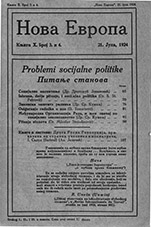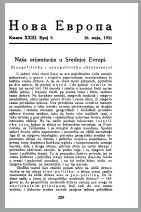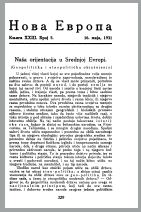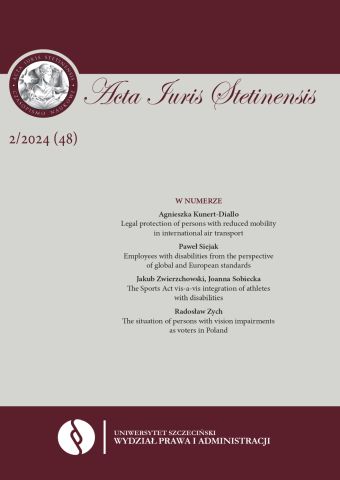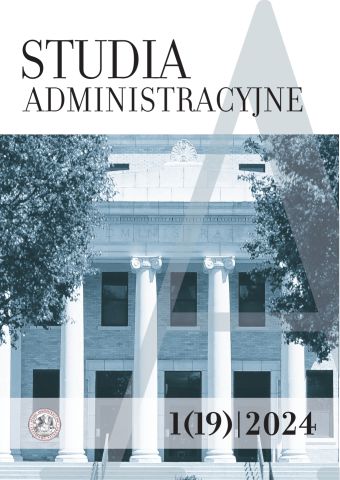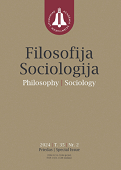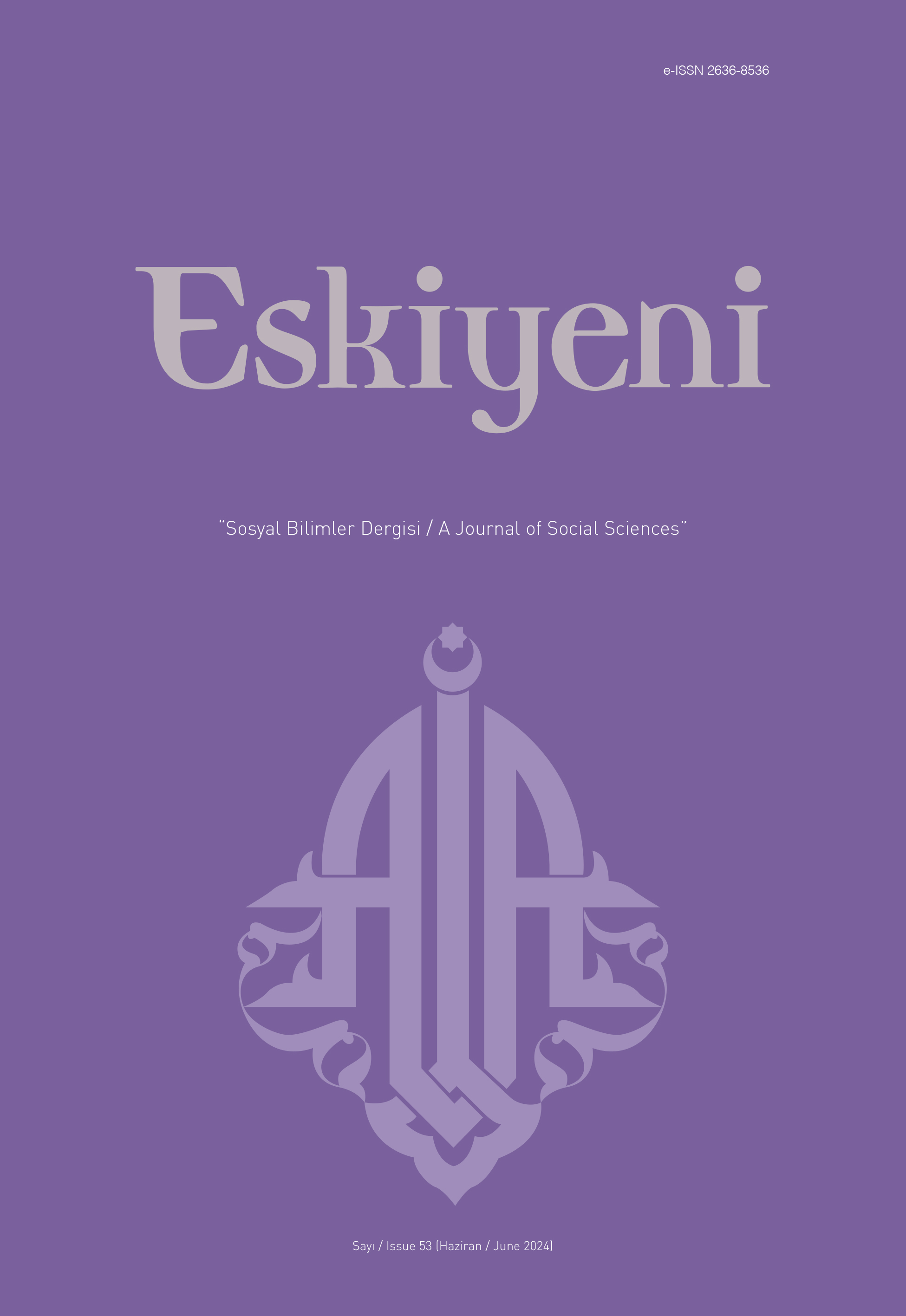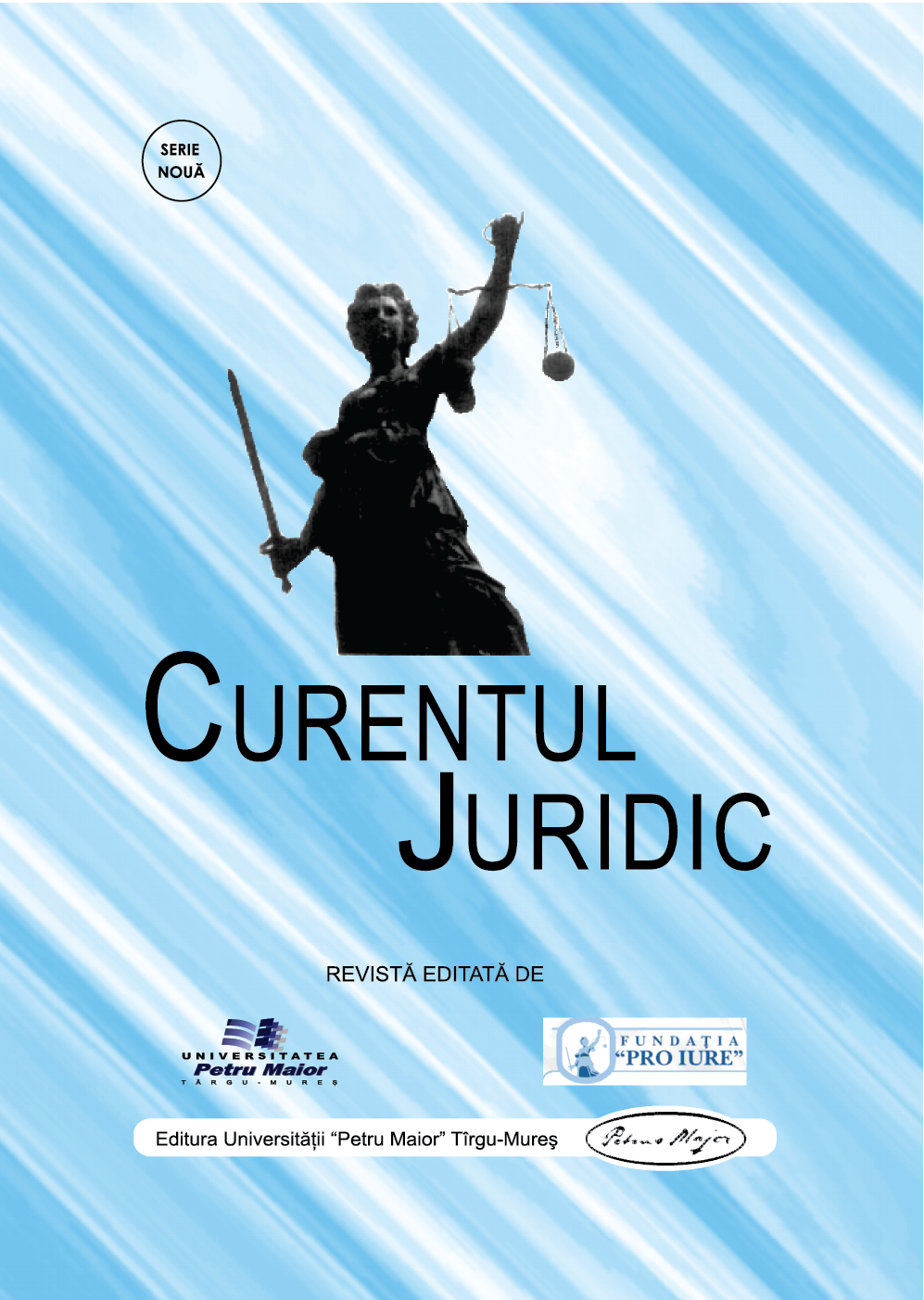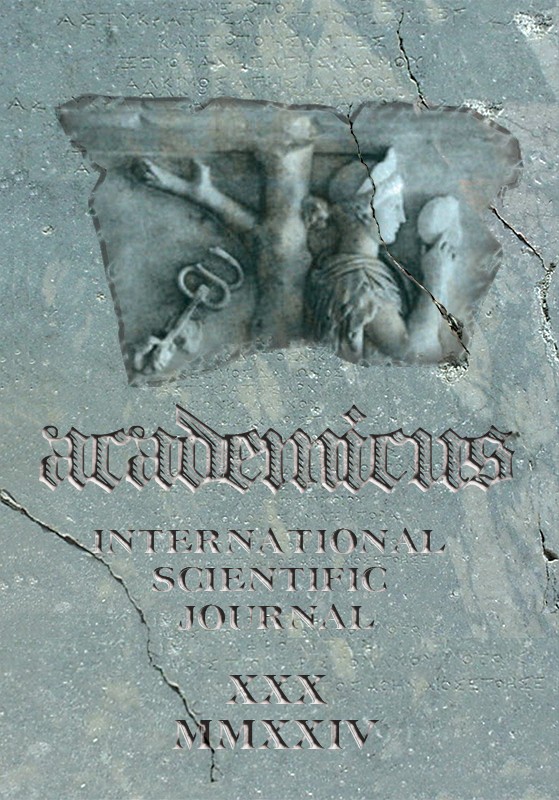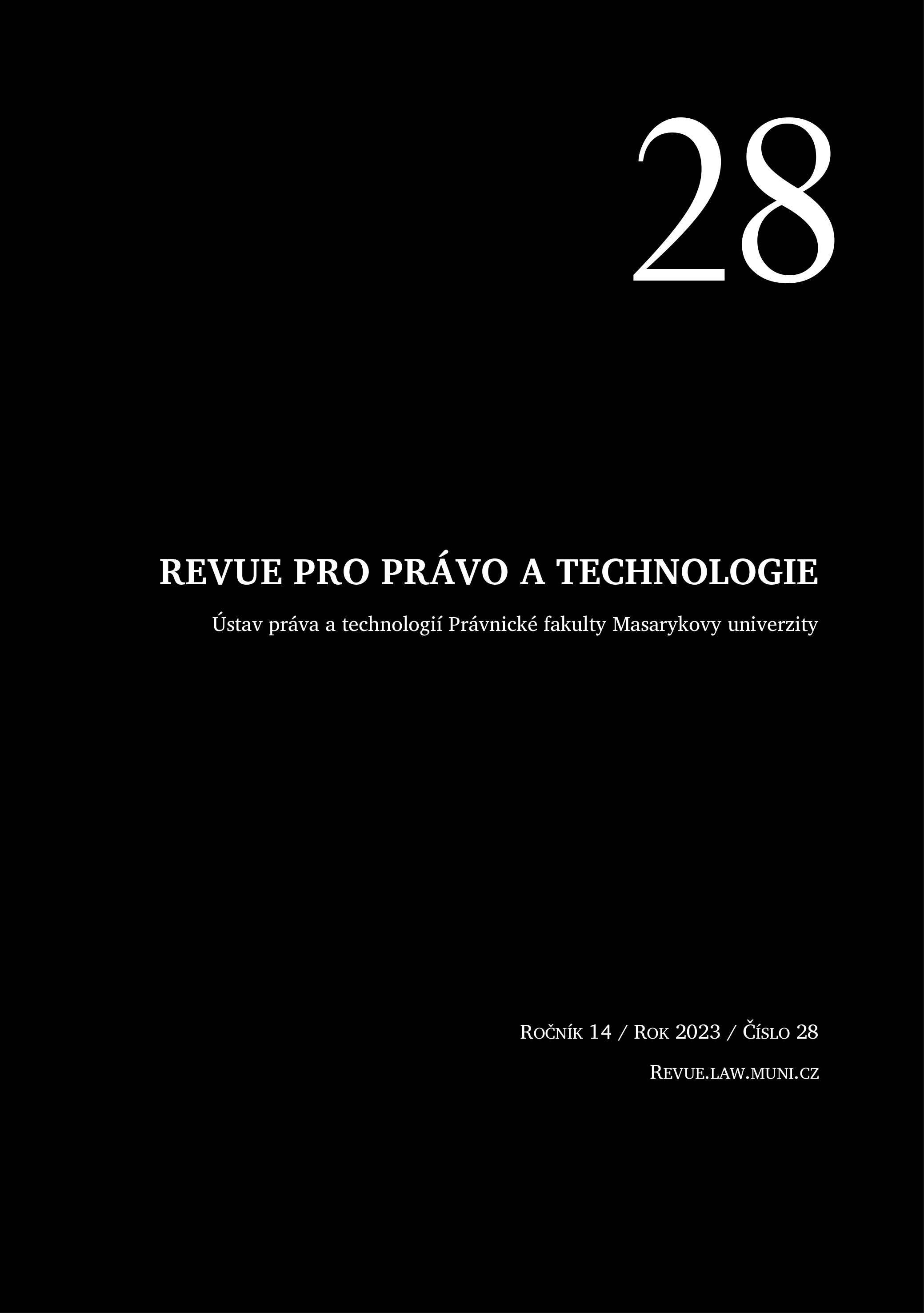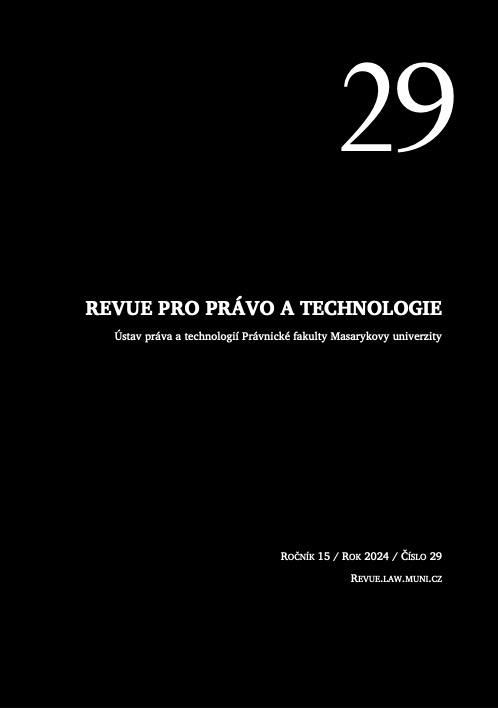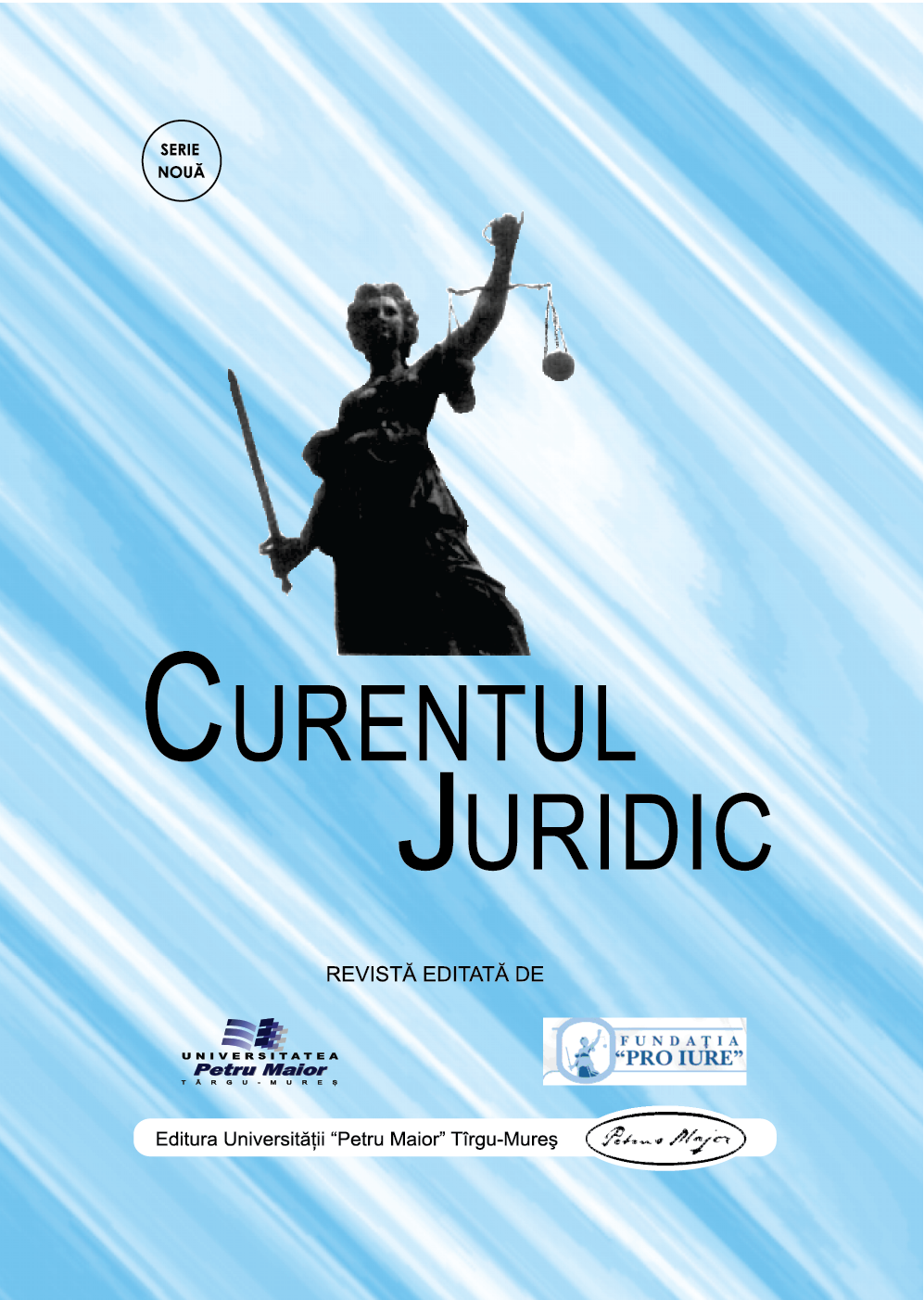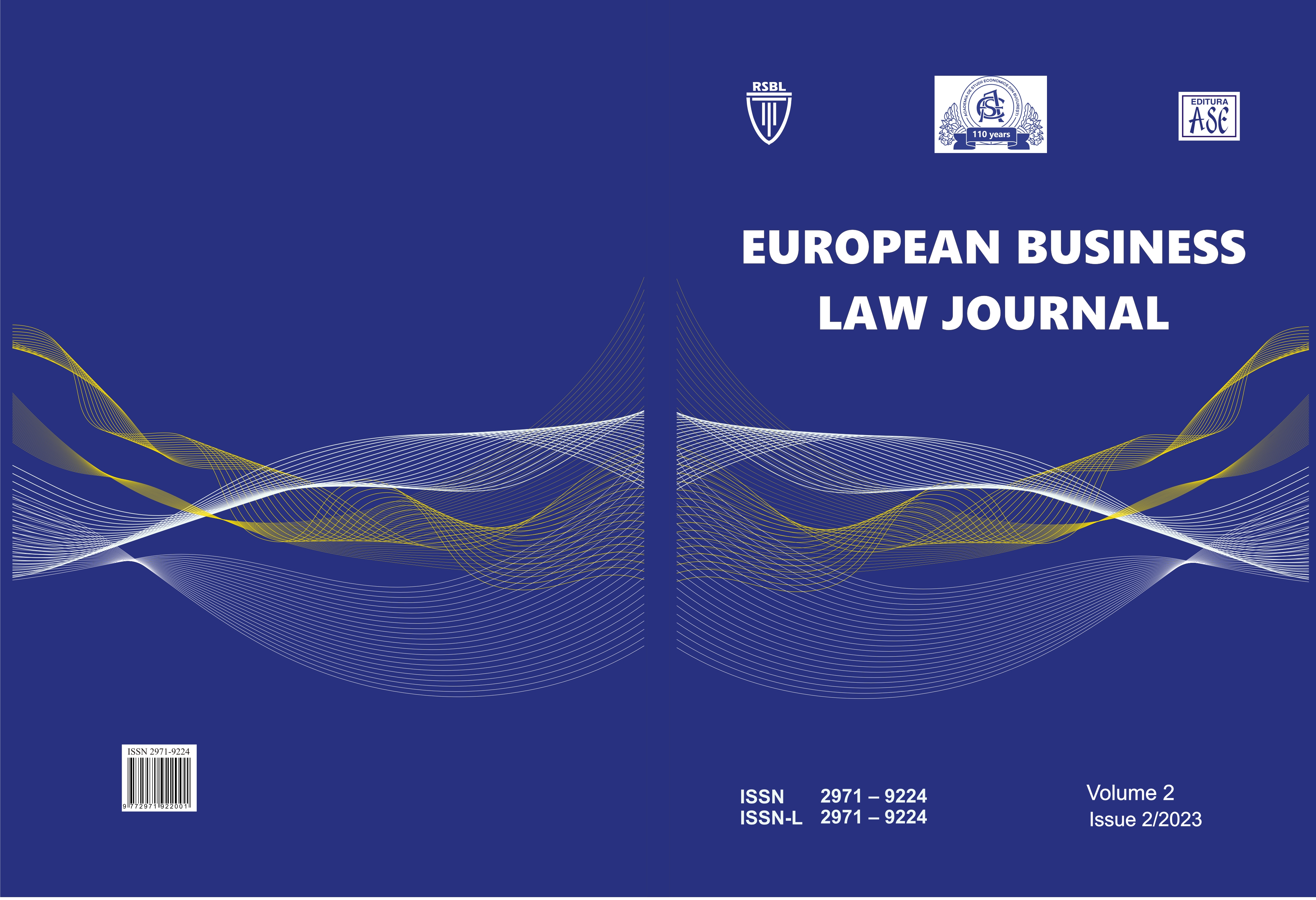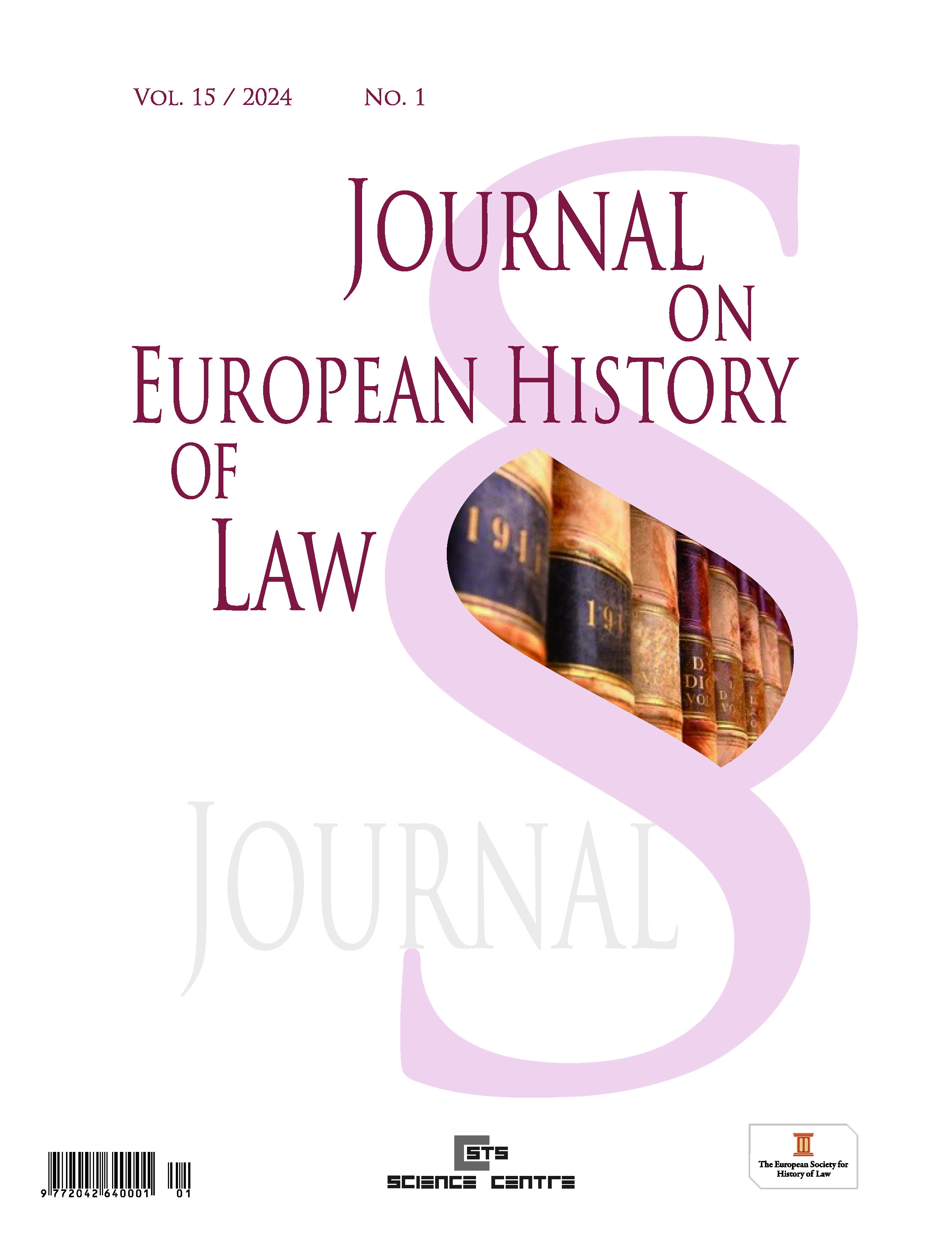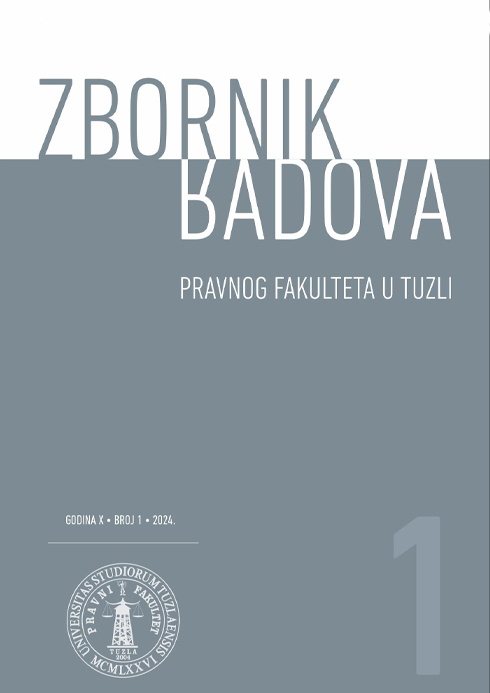Author(s): Dragos Chilea / Language(s): English
Issue: 1/2024
Both the Civil Procedure Code and the Criminal Procedure Code as well as their application in criminal, civil, commercial and contraventional cases, state the use of scientific evidence in finding out the truth, consisting in the judicial expertise.Unless the law expressly provides for the obligation to carry out an expertise, and we consider here the forensic expertise - meant to establish the days of medical care provided, or the cause of death, or establishing the identity of a person based on the expertise of biological traces, in various other cases the procedural legislation does not oblige the court to administer scientific evidence, leaving the choice to its discretion or, where appropriate, to the criminal investigation body.However, even if there are no provisions that expressly oblige the use of judicial expertise, we consider that both the investigation and prosecution body, the policeman or the prosecutor, as well as the courts, are obliged to order the performance of a judicial expertise when the facts deduced through the investigation or judgment cannot be clarified otherwise than on scientific basis and using the knowledge of experts in the respective domain. Beyond the classical forensic expertise of writing, namely the graphoscopic expertise, of ballistic expertise and automotive technical expertise on the dynamics of the occurrence of driving accidents - our list is not exhaustive - which are commonly carried out in both civil files, but especially in criminal cases there are situations in which we believe that it is necessary to administer scientific evidence to find out the truth. No matter how well prepared the person who finds and investigates a contravention or a crime, is, or those who are called upon to rule on civil cases, they cannot rule on technical issues, the existence of chemicals or possibly prohibited substances, as well as the overcoming of accepted decibels or the existence of products that could be considered waste - and the list could continue with other examples. However, in practice the tendency of those called to perform the act of justice is increasingly observed, to be limited to the mere findings made “with their own senses” by agents, local police or national police workers, employees of the Environmental Guard. These so-called technical findings or observations do not have the value of judicial expertise and cannot supplement such evidence by scientific quality or by objectivity, as long as they are drawn up by individuals who do not have the necessary and recognised level of scientific training, and are part of the bodies who only observe and note the facts and sanction them or send them to competent bodies for resolution. Consistent with European jurisprudence, we believe that finding out the truth involves the use of independent and objective judicial experts, highly trained specialists, or recognized and independent laboratories of expertise.
More...
